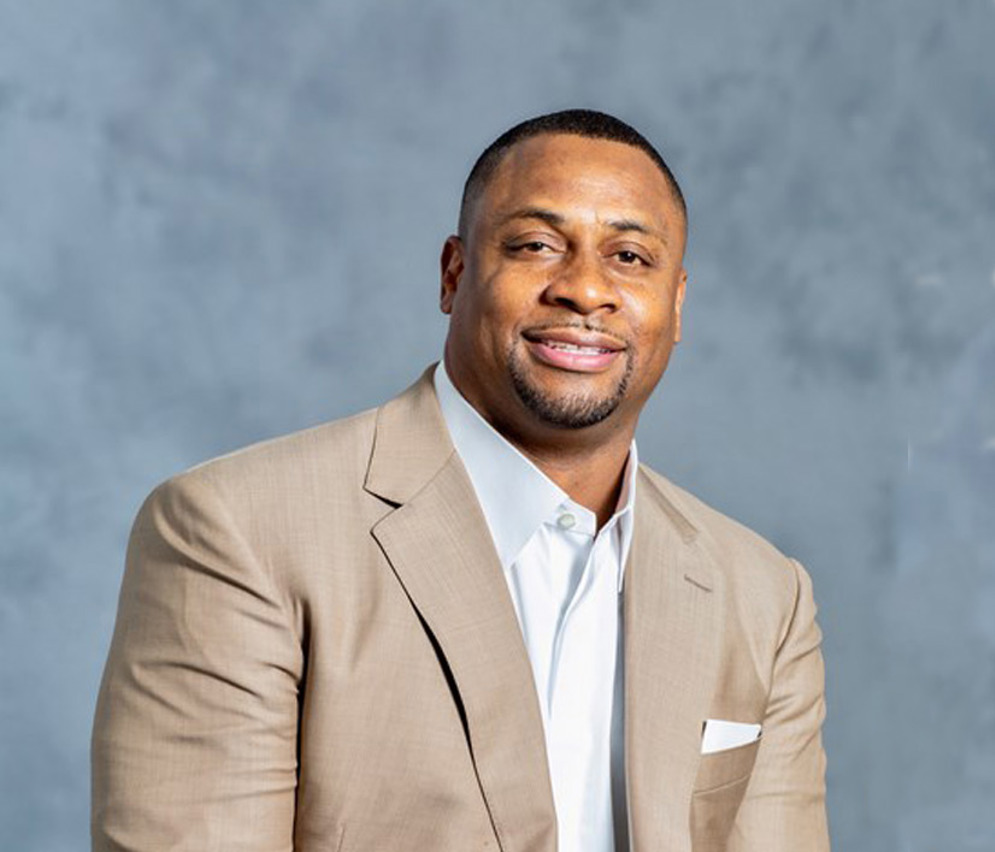In January 1998, legendary coach Bill Walsh recognized a key component necessary for elevating minority assistant coaches to the head coach position. He said, "One option would be for the league, at its annual spring meetings, to hold a seminar in which some of the legends of the profession speak on different aspects of the role of head coach. Afterward, owners and general managers would be invited to join the coaches for dinner. This type of networking may do more good, I think, than any form of legal action or public debate."

Coach Walsh knew the power of networking. Networking allows people to get to know one another, build trust, share goals and aspirations. Networking, especially as it relates to NFL front office and coaching positions, is key to matching experience, skill sets and trust with a very limited number of job opportunities.
Networking, along with strong relationship management, is currency for professional mobility. It is a key component of the NFL's Football Inclusion Plan that integrates networking with pipeline development, individual professional development, education, club and league diversity, equity and inclusion plans, and data collection and reporting to measure progress. These components combine to form the NFL's long-term efforts to promote fair and inclusive hiring practices.
In continuation of the NFL's commitment to promoting greater diversity across the NFL, the league hosted a Coach Accelerator at the Spring League Meetings. The accelerator follows the inaugural Coach and Front Office Accelerator and the Front Office Accelerator hosted at the 2022 league meetings. In addition to networking, further development of the participants is a critical component of the accelerator, with curated content sessions scheduled that will further engage each participant on the advancement of their executive leadership skills and business acumen. This is also an opportunity for future football personnel to get to know each other better, thereby improving hiring opportunities when the coach or front office personnel themselves are in the position to hire.
The intended results from the sessions for these high-performing coaches and front office personnel include increasing club exposure to the up-and-coming NFL talent; allowing personnel and clubs to get to know one another and develop stronger relationships; obtaining a deeper understanding of the business side of the NFL; and learning specific challenges related to the role of head coach or general manager.
